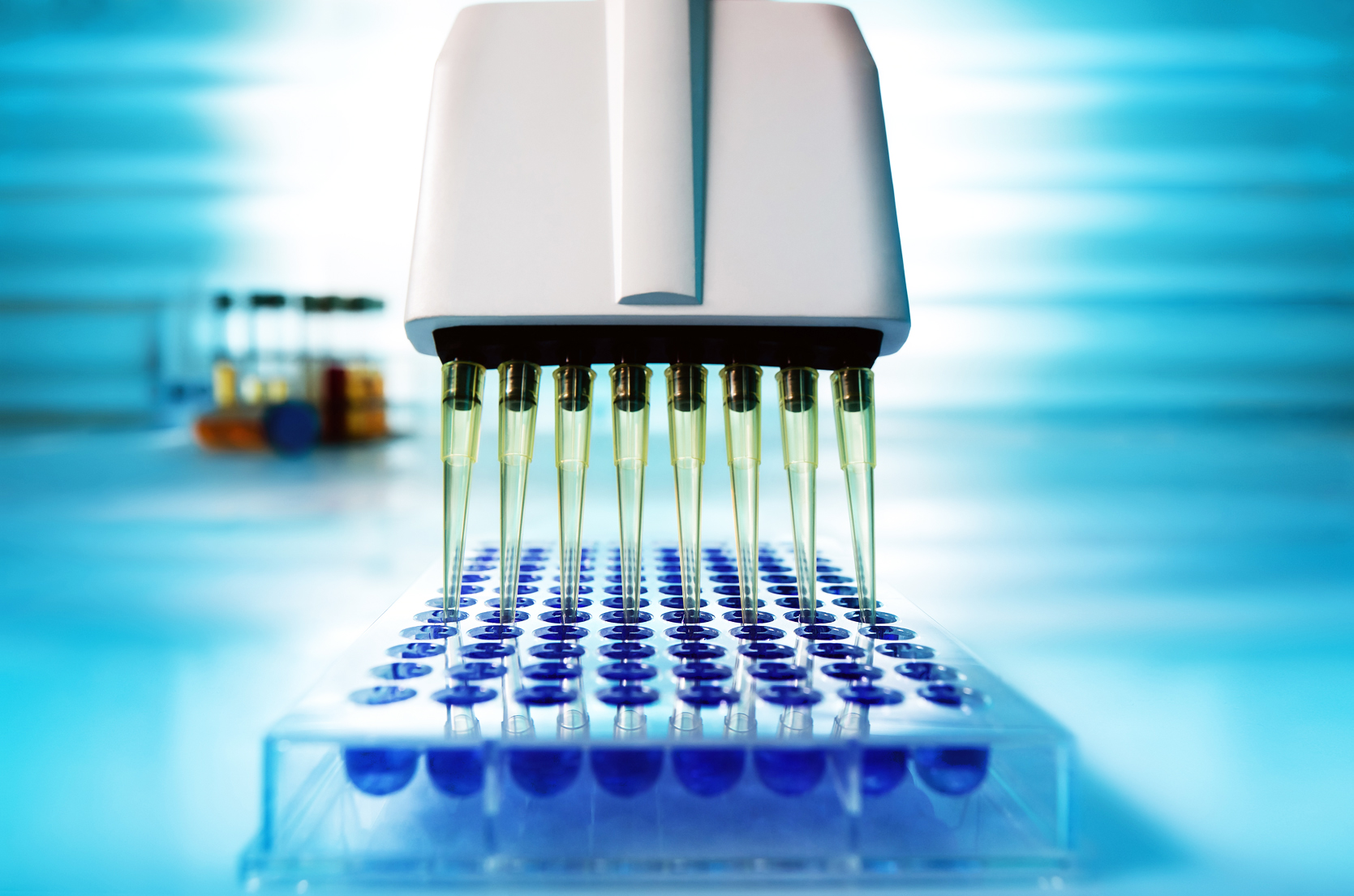EURL rabies
Collection of samples, techniques, validation and interpretation of the diagnostic methods for the purposes of rabies surveillance are presented here.
Diagnostic methods considered compliant are presented in the WOAH rabies manual. A list of procedures inspired by the WOAH official methods is also proposed.
Lorem ipsum dolor sit amet, consectetuer adipiscing elit. Maecenas porttitor congue massa. Fusce posuere, magna sed pulvinar ultricies, purus lectus malesuada libero, sit amet commodo magna eros quis urna.
Nunc viverra imperdiet enim. Fusce est. Vivamus a tellus.
Pellentesque habitant morbi tristique senectus et netus et malesuada fames ac turpis egestas. Proin pharetra nonummy pede. Mauris et orci.
Aenean nec lorem. In porttitor. Donec laoreet nonummy augue.
Suspendisse dui purus, scelerisque at, vulputate vitae, pretium mattis, nunc. Mauris eget neque at sem venenatis eleifend. Ut nonummy.
Wishing you the best for your holidays!
♦ 20 July 2018 ♦
Summer is here in Europe and its holiday time for many of you…We wish you a nice summer time!
Happy holidays!
Workshop for rabies 2018: Thank you for your participation!
♦ 13-14 June 2018 ♦
The 10th annual meeting organized by the EURL for rabies was held on 13th and 14th June in the premises of the brand new Belgian laboratory "Sciensano" in Uccles, near Brussels, Belgium. Fifty-three scientists from European Member States and neighboring countries as well as personalities from official institutions met for a day of exchanges on rabies. Presentations and discussions focused on the epidemiology of rabies in Europe and in bordering countries as well as on techniques relating to rabies diagnosis, with, as every year, a specific presentation analyzing the results and performances of the laboratories during the inter-laboratory tests from the previous year. The international institutions (European Commission, OIE and Taiex) have also presented interesting perspectives as regards the programs for the elimination of the disease in wildlife in 2020 in Europe, and 2030 for human rabies in the world – some ambitious objectives for which mandated laboratories (by the OIE, WHO and/or FAO) will be encouraged to participate actively. A practical example developed in West and Central Africa was also presented by Dr. Jakob Zinsstag from the Swiss Tropical and Public Health Institute of Basel, Switzerland, who was invited as a guest of honor. The meeting has been very successful thank to all of you who participated to this important event! Presentations are available on the restricted part (members only) of the EURL website.

EURL for rabies newsletter: let’s take a break!
♦ 24 July 2018 ♦
The very first EURL for rabies newsletter was sent to the EURL network on March 2015. This newsletter, which was first intended for EU MS NRLs, was soon available to a larger audience, such as the bordering country laboratories, official international institutions, NGOs, etc… The provided information focuses mainly on rabies in Europe and in the Mediterranean Basin as well as on innovation in research and tool development, and more recently on rabies serology. From 45 recipients at the beginning, the EURL for rabies newsletter is now dispatched to nearly 200 scientists and interested persons all over the world! Thank you for the growing interest you all showed to this letter. However, today’s newsletter should be the last one for 2018. Next issue should be issue beginning of next year.
Identification of antibodies specific for lyssaviruses and methods of their use
♦ 17 May 2018 ♦
[Relayed from freepatentsonline.com website] Described herein is a method of identifying a monoclonal antibody (or antigen-binding fragment thereof) that specifically binds a plurality of lyssaviruses for use in post-exposure rabies prophylaxis or in the treatment of clinical rabies. The method includes using a naive antibody phage display library to screen for phage clones that bind whole recombinant rabies virus or cells expressing glycoprotein from multiple lyssaviruses (such as RABV, MOKV and WCBV) and/or specifically bind recombinant glycoprotein from different lyssaviruses. [Read more…]
